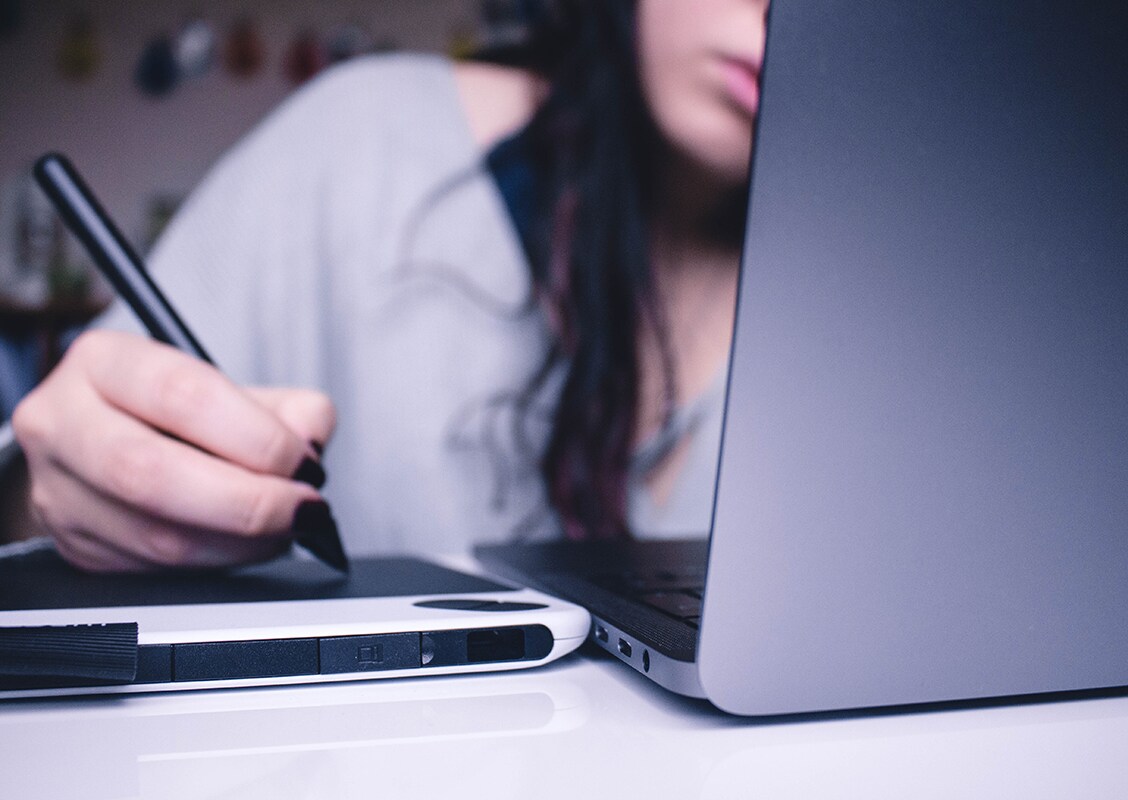Learning is a key aspect of human existence. Whether it's in school, with the community, or by yourself, humans are always learning. However, sometimes, it can get pretty tough to determine ways to make the learning experience stick.
This is because it's very common for information to enter through one ear and come out of the other, especially for children. That's why it's important for parents and educators to find ways to bring the learning experience to the next level.
In this article, we'll look at the importance of a meaningful learning experience and a few ways you can elevate the experience for yourself, for your child, or the students that you teach.
The Importance of Making Learning More Meaningful
Whenever you're learning something, regardless of your age, it's important to connect with the concepts. When someone imparts new information, it isn't enough to just listen to them and take down notes. For the information to truly stick, you need to have some sort of connection to it, enhancing your understanding of the subject and making it much easier to use this new information in the real world.
This is especially important for children, who usually learn brand-new concepts every day. With all the information that comes their way, it's easy for children to forget or simply not connect to the concepts that their teachers or parents are teaching. But when you enhance the learning experience and allow students to form strong connections to certain topics and subjects, you'll find that they pick them up much quicker!
How to Elevate the Learning Experience
While elevating the learning experience is very important, it's far from easy. Remember, children go through new experiences every day, so it's much easier for concepts to slip through their minds and not stick. That said, it's crucial for certain concepts to stick with your students as these are pieces of information and skills that they'll need as they grow older.
Every student and child is unique. This is why you won't be able to use a singular approach to elevate the learning experience of all children. Instead, you need to find ways that work for your child or student.
So, here are just a few different ways you can elevate your child's learning experience.
Give Content More Context and Meaning
The first and arguably most effective way to make learning more than just learning is to give more context and meaning to the content that is being taught. Most of the time, teachers simply explain and lay out concepts and topics to children and expect them to grasp the concept just by listening and taking notes. While this is a great way to introduce new topics to students, it isn't enough to cement the concept in their minds.
If you want a lesson to stick, you need to give it more context and meaning, allowing the students to further connect with the subject. For example, if you're giving a math lesson to a child, explaining what addition and subtraction isn't enough. On top of that, you'll have to give real-world examples and situations where the students will use the concept. That way, they have a much more solid grasp of the concept, making it easier for them to develop their skills.

Encourage Self-Testing and Self-Learning
Another great way to improve the learning experience for children is to encourage self-testing and self-learning. When students test themselves, they will have a much easier time gauging the things they know and what they don't know. On top of that, it allows them to test their skills and knowledge on a certain subject without someone else watching them, which can sometimes add unnecessary pressure.
On top of that, encouraging self-learning promotes students learning at their own pace. Remember, everybody learns differently. While there are some students that excel in certain subjects, there are others that may take some more time to understand and learn certain concepts. When you encourage self-learning, the students study at their own pace, making it much easier for them to absorb different concepts.
Improve the Furniture in the Classroom
One way you can improve a kid's learning experience is by improving the classroom or study area furniture. It may not seem obvious, but an ergonomic kid's desk can do wonders for learning. For example, you can get a height-adjustable desk for students so they can alternate between sitting and standing. When children are in a single position during classes, it's easy for them to get bored and distracted.
But when you allow them to shift position according to their needs, you'll find them much more focused and engaged in the lessons. Here at FlexiSpot, you can find various children's desks that are adjustable, ergonomic, and high-quality. That way, you can instantly improve the learning experience without that much effort.
Allow Students to Solve Problems on Their Own
Promoting independent learning is a great way to enhance the experience for children. When students are given the freedom to solve problems on their own and try out different approaches, it's much easier for them to connect to subjects. When students are spoon fed information, it's harder for them to form solid connections with topics as they will see the information as random facts instead of useful and practical information that they'll use in their daily lives.

Conclusion
Learning doesn't have to be boring. Regardless of the age of the student, learning can be made interesting, which will not only help the student remember what they learned but they'll have fun while doing so. The recommendations we gave above are just some of the ways you can make learning more than just learning. So, next time you study or are teaching a student, practice them and see how they work out for you.